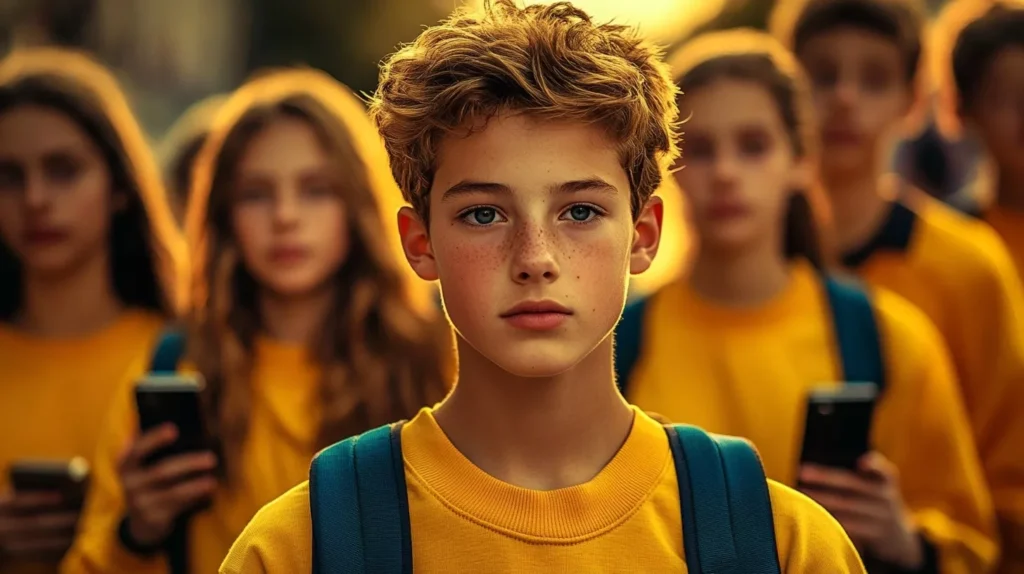Why Gen Z is Obsessed with Becoming Influencers — And It’s Deeper Than You Think

Why Gen Z is Obsessed with Becoming Influencers — And It’s Deeper Than You Think
It’s not just about fame — it’s about identity, escape, and survival.
From ring lights in bedrooms to Reels going viral overnight, Gen Z is rewriting the idea of success — and it’s not through degrees or desk jobs. A shocking 83% of Gen Zs in India now identify as content creators, as per YouTube’s 2024 Culture & Trends Report. But why are teenagers quitting college, dropping stable job plans, and diving into the chaotic creator economy?
The answer? It goes far beyond the surface-level glitz of brand deals and clout.
The Influencer Dream: More Than Just Going Viral
For today’s teens, social media isn’t just fun — it’s a lifeline. Here’s why becoming an influencer is the new ‘dream job’:
- Validation = Self-Worth: In the social media era, likes feel like applause, comments like compliments. For a teen still forming their identity, that external approval can be addictive.
- Shortcut to Success: Why slog through years of study when one viral video could change your life? The lifestyle of influencers — free travel, luxury fashion, and fans — feels too tempting to ignore.
- Belonging & Escape: For many teens, content creation isn’t just a hobby — it’s a way to escape bullying, anxiety, or tough home lives. Online, they get to be the version of themselves they wish to be.
- Economic Motivation: With rising costs and uncertain job markets, some teens see influencing as a faster path to financial independence — or even supporting their families.
The Dark Side of the Creator Dream
What rarely gets posted are the breakdowns behind the scenes. The emotional cost of chasing followers can be brutal:
- Constant Comparison = Anxiety & Depression
- Harsh Comments = Damaged Self-Esteem
- Addiction to Likes = Disconnection from Real Life
- Pressure to Post = Burnout Before 20
Some teens get so wrapped in “making it” online, they lose real friendships, fall behind in academics, or even struggle with identity.
What Can We Do?
The influencer obsession isn’t all bad — it encourages creativity, confidence, and digital skills. But when pursued blindly, it can become toxic.
Here’s how adults can help:
- Talk, Don’t Judge: Ask them about their online world with curiosity, not criticism.
- Encourage Balance: Help them value offline hobbies, friendships, and achievements.
- Teach Digital Literacy: Show them that social media is curated, filtered, and far from perfect.
- Be the Example: Model healthy screen time and real-world connection.
Why India’s Gen Z is Leading the Charge
A few key moments shaped India’s content boom:
- Jio’s Data Revolution (2016): Made the internet accessible to millions.
- TikTok’s Rise (and Fall): Gave Gen Z a taste of overnight fame.
- Instagram Reels & YouTube Shorts: Took over post-TikTok, keeping the momentum alive.
Now, Indian Gen Zs aren’t just dreaming of the spotlight — they’re chasing it full throttle.
Gen Z’s influencer obsession isn’t just a trend. It’s a mirror reflecting deeper social, economic, and emotional shifts.
And maybe, the real question isn’t “Why do they want to be influencers?”
But rather: “What does being an influencer give them that real life doesn’t?”
Let that sink in.












